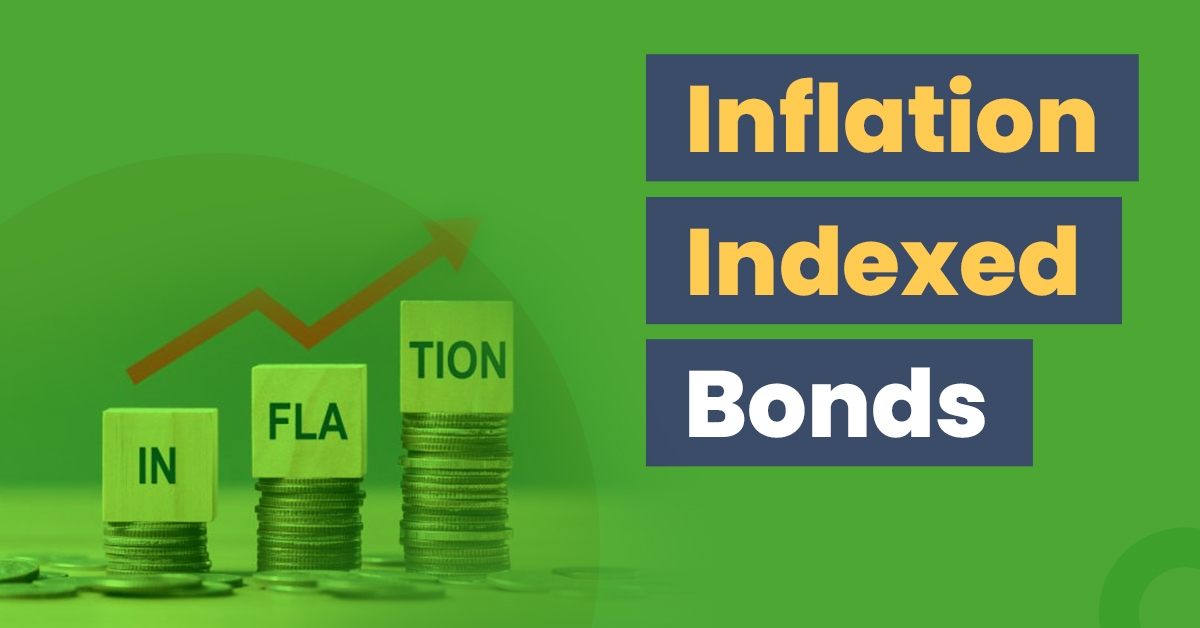The Role of Inflation-Indexed Bonds in Sourcing Portfolios
In an era of global price volatility, inflation is no longer just a macroeconomic concern — it’s a direct threat to procurement budgets, manufacturing costs, and international sourcing operations. For businesses and sourcing agents managing diverse and dynamic portfolios, finding ways to hedge against inflation is becoming a strategic necessity. One financial tool that offers protection and stability is inflation-indexed bonds.
This article explores how inflation-indexed bonds function, why they matter to global sourcing professionals, and how integrating them into a sourcing portfolio can provide stability in uncertain markets.
What Are Inflation-Indexed Bonds?
Inflation-indexed bonds (also known as inflation-linked bonds or real return bonds) are debt securities whose principal and interest payments are adjusted for inflation. Their key feature is that they provide a real rate of return, meaning investors are protected from erosion in purchasing power due to rising prices.
Examples include:
-
U.S. Treasury Inflation-Protected Securities (TIPS)
-
UK Index-linked Gilts
-
India Inflation Indexed Bonds (IIBs)
-
Euro Area inflation-linked bonds
These instruments are often pegged to a country’s Consumer Price Index (CPI), and payouts increase with inflation, offering a predictable hedge.
Why Should Sourcing Professionals Care About Inflation?
In the global sourcing industry, inflation influences everything — from the cost of raw materials to the shipping and warehousing fees. Over time, this can reduce profit margins or disrupt long-term sourcing agreements.
Key impacts of inflation on sourcing:
-
Rising input costs: Metal, textiles, plastics, and other materials often fluctuate in price during inflationary periods.
-
Shipping and fuel surcharges: Global freight becomes more expensive.
-
Currency depreciation: Especially in emerging markets, this leads to higher import costs.
-
Wage inflation: Labor costs in sourcing hubs like India, Vietnam, and Bangladesh are on the rise.
Role of Inflation-Indexed Bonds in Sourcing Portfolios
Traditionally, inflation-indexed bonds are used by investors to preserve the value of fixed income in inflationary environments. But their role in sourcing and procurement portfolios is growing — not as a trading asset, but as a hedging instrument and cash reserve strategy.
Here’s how they can add value:
1. Preserve Purchasing Power
For companies holding reserve capital to finance bulk orders, inflation-indexed bonds can maintain real value over time. This is especially important for:
-
Pre-payment plans with suppliers.
-
Holding capital while awaiting price corrections.
-
Managing long-term sourcing contracts.
2. Diversify Financial Exposure
Adding these instruments to a sourcing firm’s investment pool allows diversification away from inflation-vulnerable assets like cash and fixed-rate debt.
🔗 Learn about diversified sourcing strategies at BestSourcing-Agent.com/strategies
3. Stabilize Forecasting Models
Procurement and logistics models often rely on cost forecasting. Inflation-indexed returns allow sourcing agents and CFOs to:
-
Model cost escalations more accurately.
-
Forecast sourcing budget scenarios in volatile economies.
-
Hedge against input cost inflation in pricing contracts.
4. Country-Specific Risk Management
In countries facing high inflation (e.g., Argentina, Turkey), local inflation-indexed bonds can help companies sourcing locally to hedge against currency and purchasing power risks.
🔗 Navigate risky sourcing environments with expert agents at BestSourcing-Agent.com/risk-management
Global Examples Where Inflation Bonds Matter
🔹 India
With consistent but volatile inflation due to commodity prices and currency fluctuation, inflation-indexed bonds offered by the Reserve Bank of India provide a useful hedge for companies sourcing textiles, spices, and pharmaceuticals.
🔹 United States
Companies sourcing electronics or high-tech materials can use TIPS to manage cash flow while waiting on large shipments or during seasonal lulls.
🔹 Europe
Index-linked gilts and EU inflation bonds help stabilize procurement budgets for automotive or fashion firms sourcing from Italy, Germany, or Spain.
Integrating Bonds Into a Practical Sourcing Framework
While sourcing agents may not traditionally invest in financial instruments, larger procurement-focused businesses or global buyers increasingly work with financial teams to incorporate:
-
Treasury functions that utilize inflation-hedged vehicles for cash preservation.
-
Dynamic budgeting that aligns with bond-adjusted forecasts.
-
Multi-year contract pricing that accounts for inflation expectations.
Are Inflation-Indexed Bonds Right for You?
Not every business will benefit from holding these instruments directly. However, their use as a strategic cash management tool or a pricing signal is invaluable for:
-
Import/export companies.
-
Procurement-led manufacturing firms.
-
Sourcing agents managing multi-country supplier networks.
A strong sourcing agent can act as the bridge between operational procurement and financial planning, ensuring that inflation impacts are mitigated across both supplier relationships and budgeting.
Final Thoughts
In a global economy where price stability is no longer guaranteed, inflation-indexed bonds offer a powerful way to preserve value, manage risks, and ensure that sourcing operations remain viable and competitive. Whether you’re a multinational firm or a regional importer, integrating these tools into your financial strategy can yield meaningful benefits.
Looking to protect your sourcing business from inflation risk?
Visit BestSourcing-Agent.com for sourcing solutions that combine operational expertise with financial insight.
💼 Get expert guidance on sourcing portfolio protection and strategic financial planning today.
